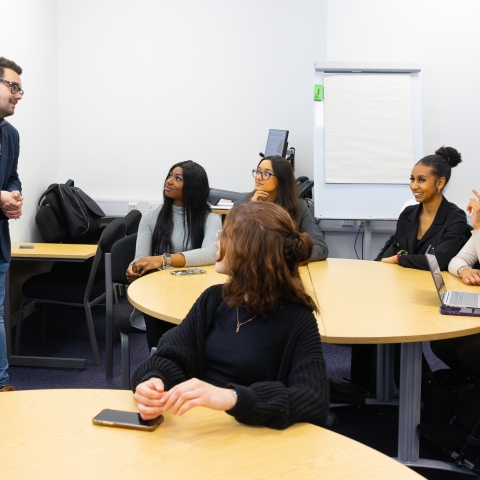
Here you'll find our guides to the different types of interviews, tips for preparation, and examples of questions you might be asked. We’ve also included links to additional resources to help you succeed.
Preparing for interviews
Be prepared for your interviews, whether they're face-to-face, over the telephone, video or at an assessment centre.

Guide to assessment centres
Discover the assessment tasks, exercises and interviews you'll take part in when you attend an assessment centre.

Psychometric and aptitude tests
Organisations use psychometric and aptitude tests to assess personal attributes, characteristics, intelligence and general abilities.







